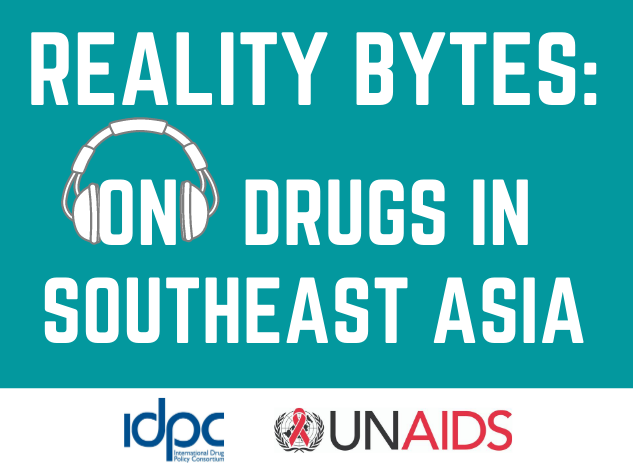Harnessing the power of technology for social transformation
 Civil society groups, Bangkok Metropolitan Administration and UNAIDS launch mobile application.
Civil society groups, Bangkok Metropolitan Administration and UNAIDS launch mobile application.
Civil society, public and private organizations and UNAIDS are leveraging advances in mobile technology to empower communities. This innovative partnership grew out of working together to tailor the mobile application – iMonitor+ – to the needs of community organizations. The app for smart telephones and other digital media aims to enable groups to monitor access to HIV prevention and treatment and provide feedback on the quality of those services.
The Deputy Governor of Bangkok, Dr Pusadee Tamthai, the Executive Director of UNAIDS, Michel Sidibé, Public Campaign Officer with the Indonesian AIDS Coalition, Ayu Oktariani and the Director of Service Workers in Group Foundation (SWING) Surang Janyam launched iMonitor+ at an event in Bangkok.
“We must more effectively exploit technology for development and ensure that the latest advances help us reach people, who need quality services and leave no-one behind,” said Mr Sidibé.”Key groups at higher risk of HIV including young people can take advantage of the power of technology and have a voice in determining their future.”
Since early June more than 100 volunteers from five community networks in Thailand, Indonesia, India and the Philippines have been pilot-testing iMonitor+ to provide feedback and adapt the application to each network’s specific needs.



In Thailand, the Bangkok Metropolitan Administration (BMA) has partnered with the non-governmental organization SWING to test and fine-tune the application.
“iMonitor+ has great potential as an important early warning tool, which can notify public health authorities of gaps in key services, “said Dr Pusadee. “By working with civil society to develop iMonitor+ we have opened up an important channel for dialogue and strengthened key partnerships for social transformation.”
“iMonitor+ is an effective platform with which to work with public health authorities,” said Ms Janyam. “It is providing us with an opportunity to directly influence the way the services are delivered to communities.”
iMonitor+ uses GPS technology to locate a user who can then receive information on where to access condoms, HIV testing, counselling and treatment and other key services. If there are stock-outs of antiretroviral medicine and other HIV commodities, the user can send alerts to a central dashboard and be directed in real-time to other services nearby. Users can also report any experience of stigma or violation of their rights in HIV service and other delivery settings to the dashboard. Public health authorities and community partners are working together to resolve as quickly as possible issues raised by the alerts.
The Indonesian AIDS Coalition has been running a trial with iMonitor+ in four cities, including Jakarta. Ms. Oktariani said “We are finding that health authorities are taking the real-time alerts we register with iMonitor+ seriously and that they move much more rapidly than before to close service delivery gaps.”
The feedback from communities and service providers will ensure continuous innovation and adaptability of the app. This participatory monitoring tool is not only an important community tool for quality assurance and responsiveness of HIV services, but can give people the power to monitor services in many development areas aside from public health and serve as an instrument for improved public accountability.
 UNAIDS Asia-Pacific
UNAIDS Asia-Pacific 


